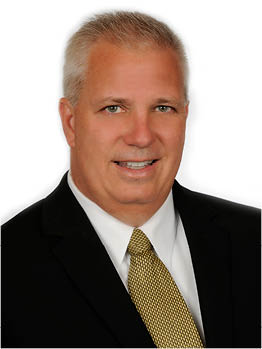

www.bmf.cpa
Construction Succession Planning and Ownership Transition

As this next wave of construction company owners begins planning their retirement, their children begin contemplating their own long-term career commitments. Many times, owners must consider other succession plan opportunities because what was once thought of as a family-owned business with family succession has changed. Transferring to family members is obviously still an option to be considered, but gifting shares, creating trusts and maximizing the use of a variety of estate planning vehicles are necessary when the plan includes transferring ownership in the next generation’s hands.
If family succession is not an option, then the exit plan will most likely include one of these options.
Sell to an outsider
The sale to an outsider can vary, depending on their motive. A strategic buyer is another company in the construction industry looking to gain market share or possibly a supplier whose business you may complement. A financial buyer is more like venture capital or family office looking at the company as an investment to potentially offer significantly higher returns than what the financial markets can return.
Sell internally
An internal sale to key management employees helps by maintaining the institutional knowledge at the company but may require some seller financing or retained equity to make it work. You may also want an approach with the old company/new company, where the old company self-liquidates or holds certain “hard” assets as new business is funneled into the new company.
Hire someone
Consider hiring a person or persons with significant industry experience and implementing both a current bonus plan and a deferred compensation plan with a significant base salary. This will allow the company to become the “investment” rather than the financial markets where your investments are held.
Consider an ESOP
Finally, an ESOP may be considered if the company is the appropriate size and has the financial ability to implement this structure. A feasibility study will more than likely be required to determine the likelihood of this structure.
We’re here to help you analyze all avenues to determine the best course for your future.
Dale A. Ruther?>
CPA, CIT, CDS, CCIFP
About the Authors
Subscribe
Stay up-to-date with the latest news and information delivered to your inbox.
